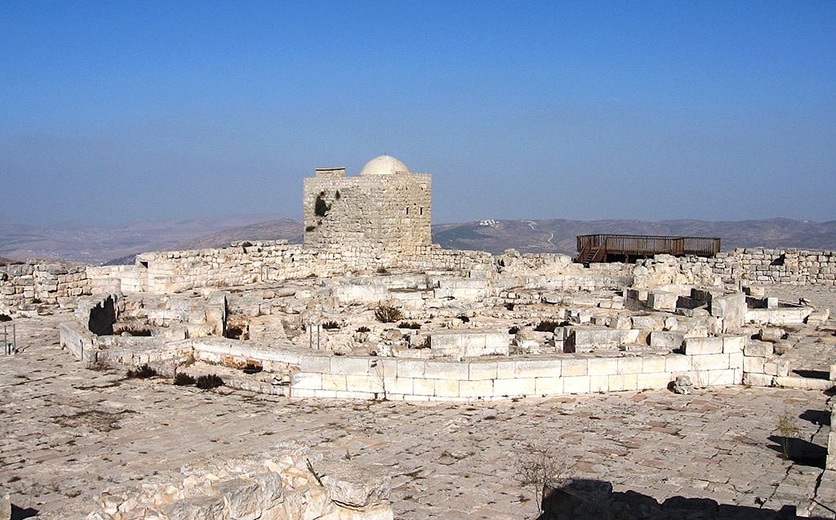A method of execution in which the victim is suspended by the neck from a rope. Hanging was not usually a method of execution in the Bible; rather, executed people were hung after death. Thus Joshua hung the corpse of the king of Ai (Josh 8:29) and of the five anti-Gibeonite kings (Josh 10:26), and David hung the corpses of Rechab and Baanah (2Sam 4:12). The custom was also known among the Egyptians, for Joseph predicted that Pharaoh would hang the baker (Gen 40:19). Later on Persians were impaled (Hist 3.115.159), and we do not know whether the hangings in the book of Esther (Esth 2:23; Esth 5:14; Esth 7:9; Esth 7:10; Esth 9:13-14) were hangings or impalings. Hanging is permitted in the book of Deuteronomy (Deut 21:22-23) with the proviso that the corpse be taken down before evening to avoid contaminating the land; the corpses hung by Joshua were left only until evening (cf. the removal of Jesus from the cross, Matt 27:57-59). Another Hebrew word that might refer to either hanging or impaling is used to describe a procedure used by the Philistines (1Sam 31:10) and the Gibeonites (2Sam 21:10-14).




